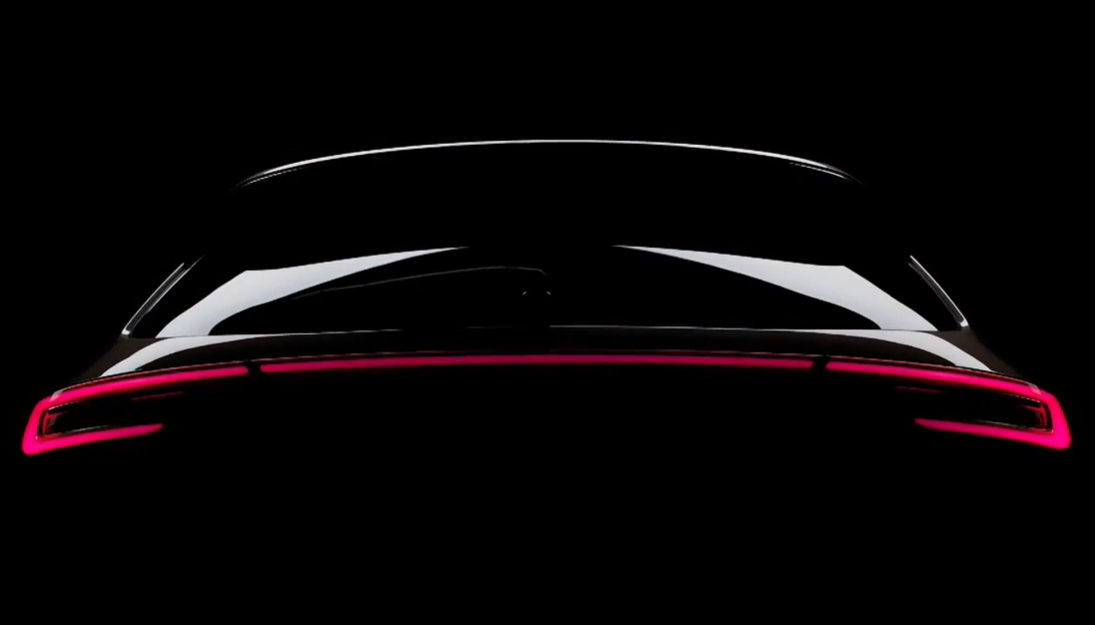
By Gabby Chen
Three out of eleven Chinese new EV makers - GAC Aion (广汽埃安), NETA (哪吒汽车), and Zeekr (极氪) - reached their annual sales targets in 2022, JW Insights reported on January 2.
There will be more pressure in 2023 to confront the industry and other eight EV startups including NIO (蔚来汽车), Li Auto (理想汽车), Xpeng (小鹏汽车), Leap Motor (零跑汽车), AITO (问界), Skyworth (创维汽车), Hycan (合创汽车), and Voyah (岚图).

Eleven Chinese EV makers released their 2022 delivery reports. Aion topped the yearly sales ranking in 2022 with 271,156 units and achieved a target completion rate of 108.46%.
Behind GAC Aion is NETA, which delivered 152,073 vehicles in 2022, with a target fulfillment rate of 101.38%, the second new EV startup that sold more than 150,000 units annually.
Zeekr, the premium EV brand of Geely Holding, sold a total of 71,941 units, hitting a 1097.62% year-on-year growth. It has met its 2022 delivery expectations of 70,000, with a target completion rate of 102.77%.
In addition, Leap Motor, Skyworth, and Hycan saw huge year-over-year growth in 2022 annual sales.
Leap Motor's yearly delivery was 111,168, a 157.8% year-on-year increase, fulfilling 92.64% of its sales targets for 2022.
Skyworth sold 21,916 vehicles in 2022 and saw a growth of 249.26% year-on-year. It achieved 73.05% of its sales expectation for the year.
Hycan's annual delivery reached 20,487, marking a 604.75% year-on-year increase compared with 2021.
However, the year-on-year growth rate in 2022 of the three leading EV makers, NIO, Li Auto, and Xpeng, is far lower than that of other manufacturers. There is a risk of falling behind.
NIO delivered 122,486 units annually, up 33.97% year-on-year. It completed 81.66% of its sales goals for 2022.
Li Auto's total delivery reached 133,246 in 2022, with a yearly growth of 47.25%, fulfilling 78.38% of its expectations of 170,000 units.
Xpeng sold 120,757 vehicles in 2022, representing a 23.03% increase year-on-year, achieving 48.3% of its delivery targets.
Other players to be watched include AITO and Voyah. The eye-catching brand AITO, developed by Huawei, Seres, and CATL, delivered 76,180 units in 2022, completing merely 25.39% of its yearly targets of 300,000 envisioned by Yu Chengdong, CEO of the Consumer Business Group at Huawei.
Voyah's delivery volume in 2022 achieved 19,409, up 185.8% year-on-year. But its shipments in December last year slid 48.08% year-on-year to 1,729, raising concern for its future.
For the year 2022, many EV startups experienced difficulties, and some even went out of business. Among them, YUDO (云度汽车) and AIWAYS (爱驰汽车) continued to be marginalized in 2022 after poor performance in 2021.
Meanwhile, Niutron (牛创新能源) has been making cars since April 2021. It officially launched its first model on October 2022; However, the company said that it could not deliver the vehicles and initiated refund only after two months.
With EV subsidies issued by the Chinese government coming to an end, China's new EV sector will be subject to real market forces in 2023, and to be profitable becomes more urgent.
It can be expected that EV startups will compete to stand out, facing the challenges of weak sales growth and strong rivals such as BYD and Tesla, said the JW Insights report.
RELATED
-
BYD plans to establish a sodium-ion battery plant in eastern China’s Xuzhou with an investment of RMB10 billion ($1.4 billion)
11-20 17:51 -
European Commission President von der Leyen will visit China in wake of the EU’s ongoing probe into China’s subsidies on EV industries
11-20 16:59 -
Chinese auto giant Changan Automobile plans to launch eight self-developed battery cells in the future
11-20 16:26
READ MOST

No Data Yet~







